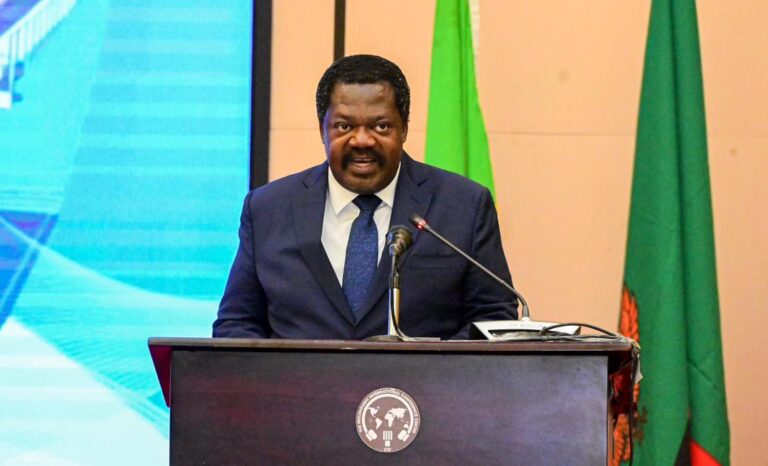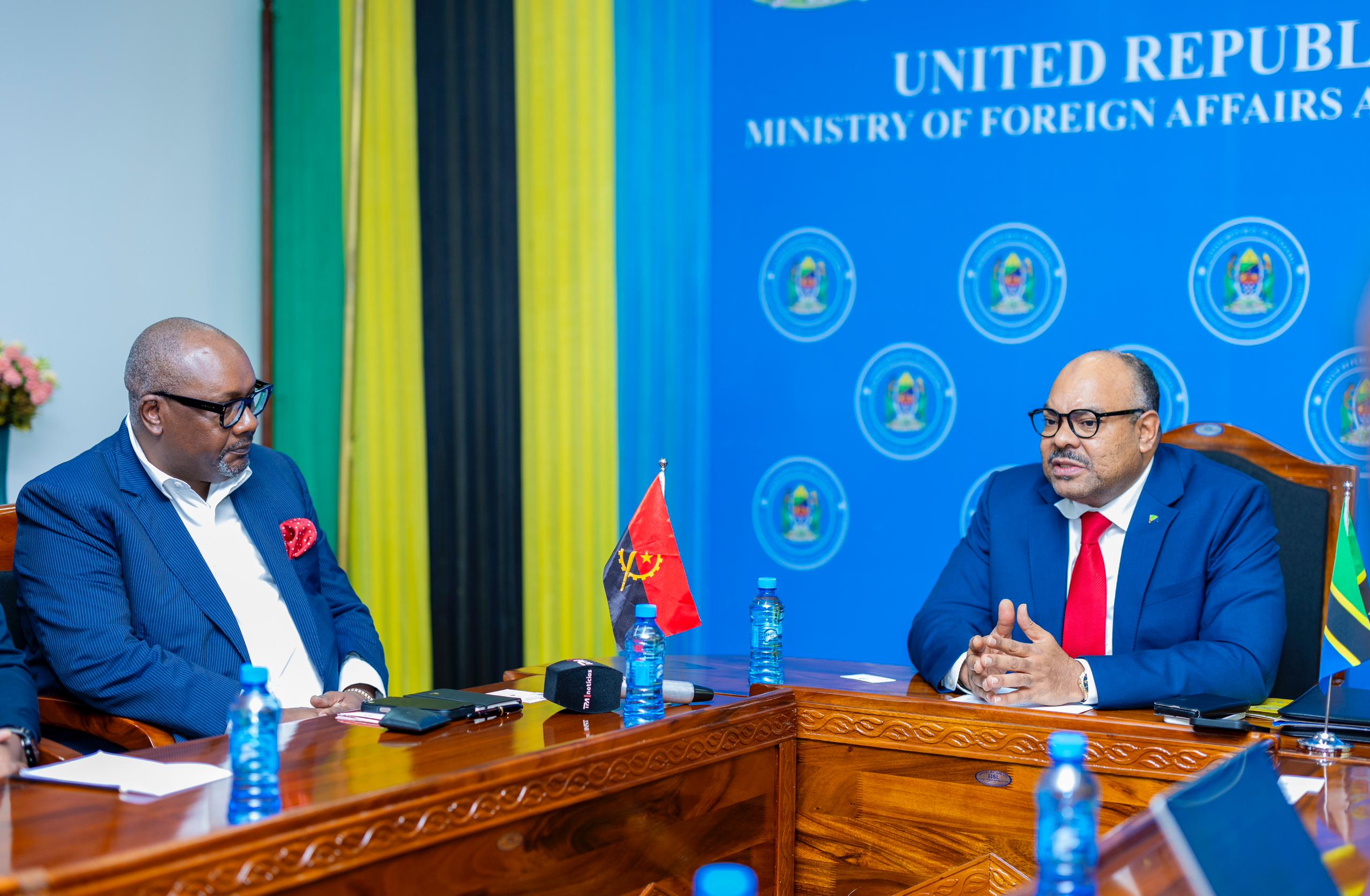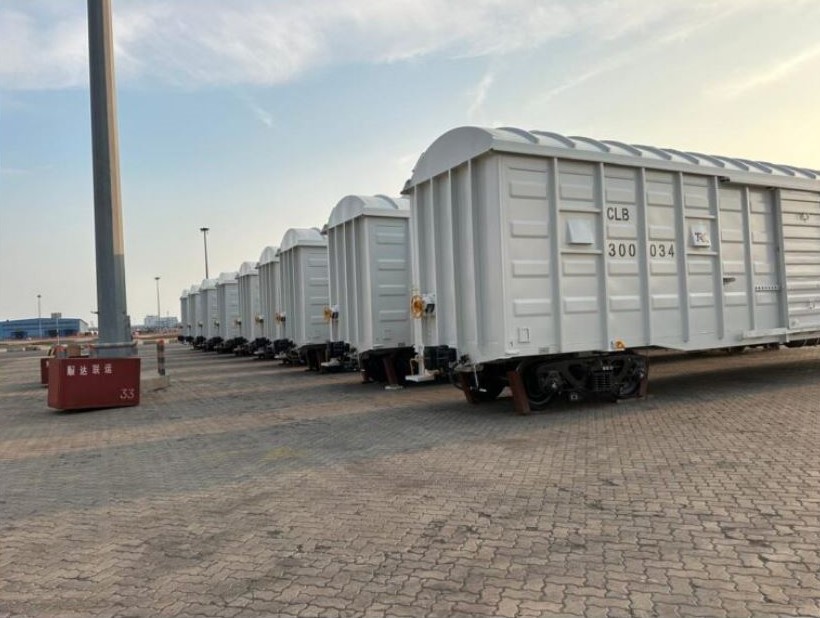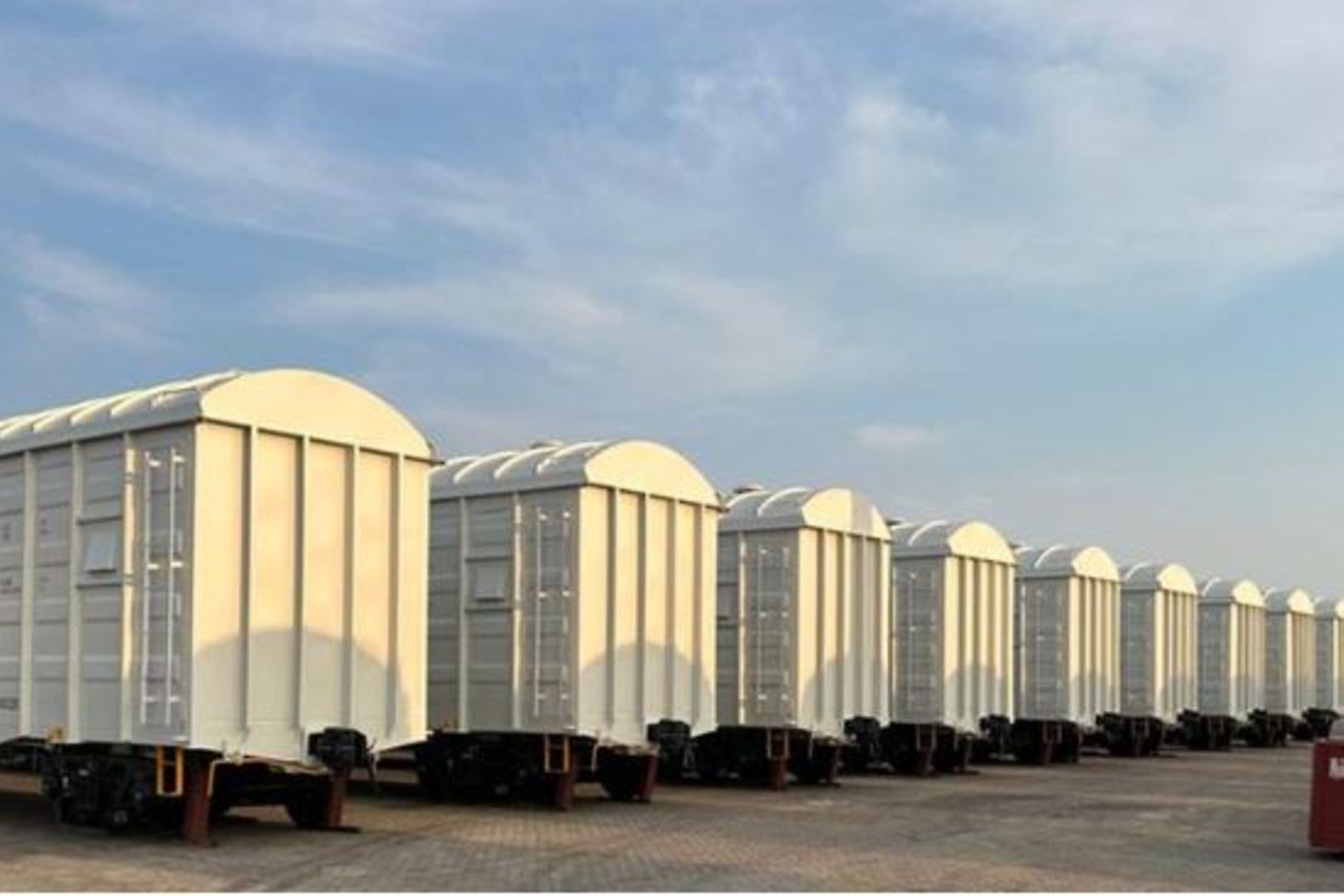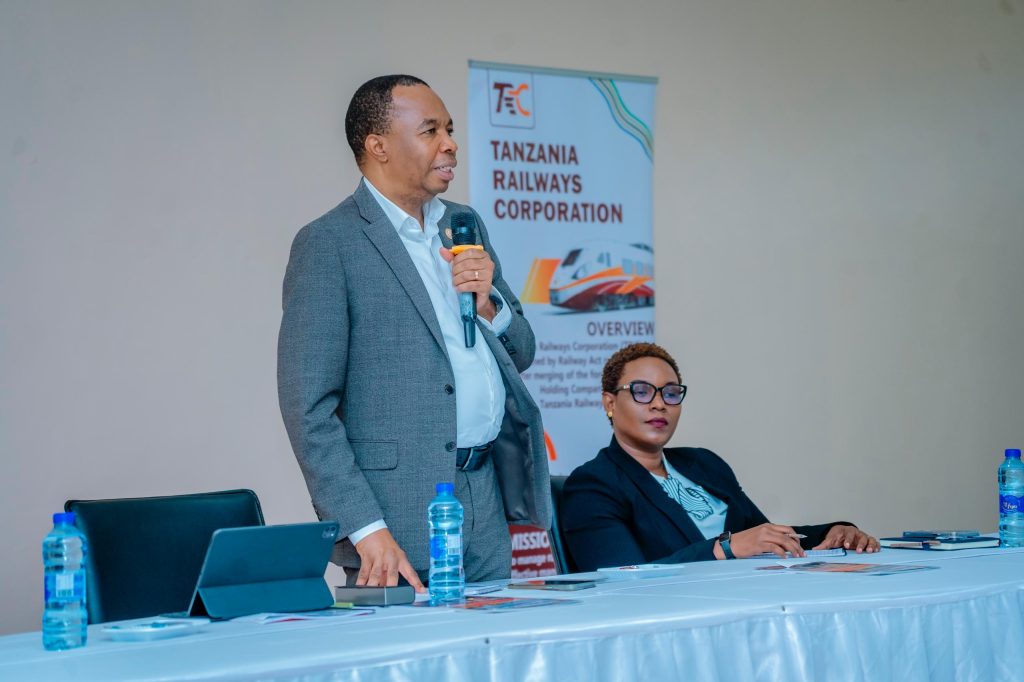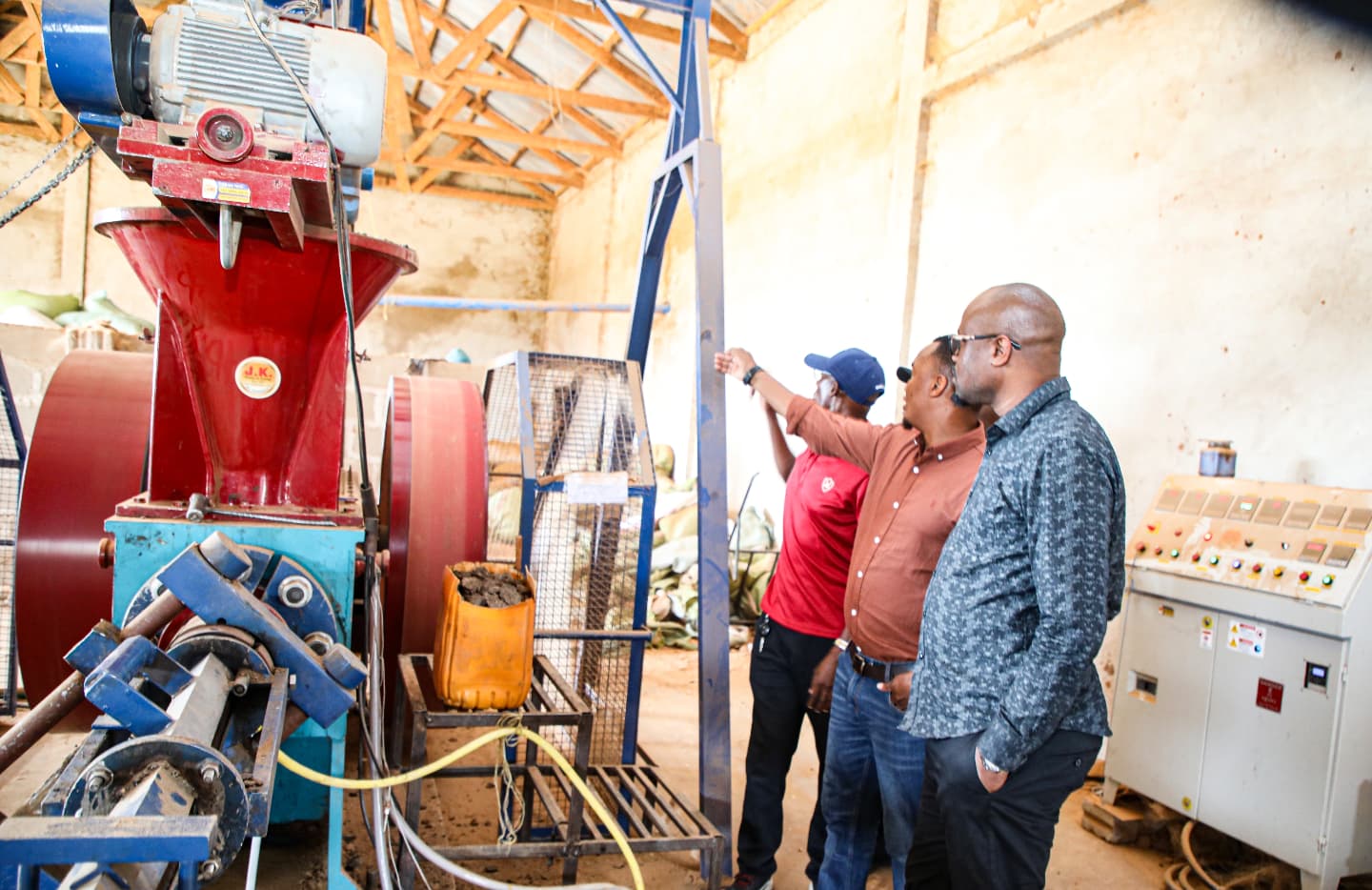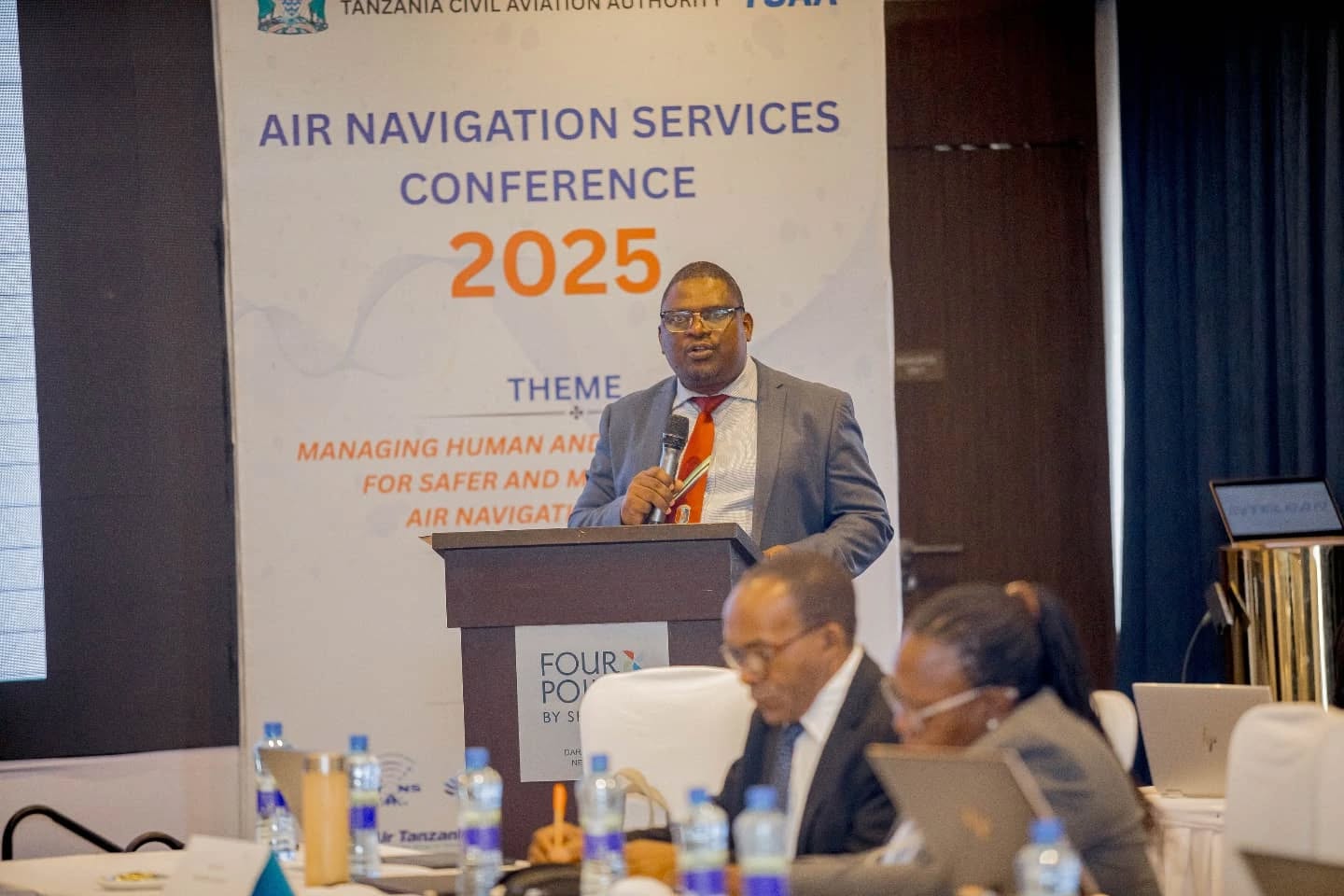Lusaka. Tanzania’s Vice President, Dr Emmanuel Nchimbi, has said the comprehensive rehabilitation of the Tanzania–Zambia Railway Authority (Tazara) line will reinforce the entire Central and Southern Corridor, invigorate cross-border commerce, and deepen regional integration across Tanzania, Zambia, the Democratic Republic of Congo, the Southern African Development Community (SADC) region, and the African continent at large.
He delivered the remarks in Lusaka where he represented President Dr Samia Suluhu Hassan at the foundation-stone ceremony marking the launch of major works on the historic railway.
The event signalled what is expected to become one of the most extensive modernisation efforts undertaken on the line since its commissioning nearly five decades ago.
Dr Nchimbi noted that the upgrade will stimulate the movement of goods within and beyond the borders of the two partner states, while accelerating growth in agriculture, mining, manufacturing, tourism, and other productive sectors.
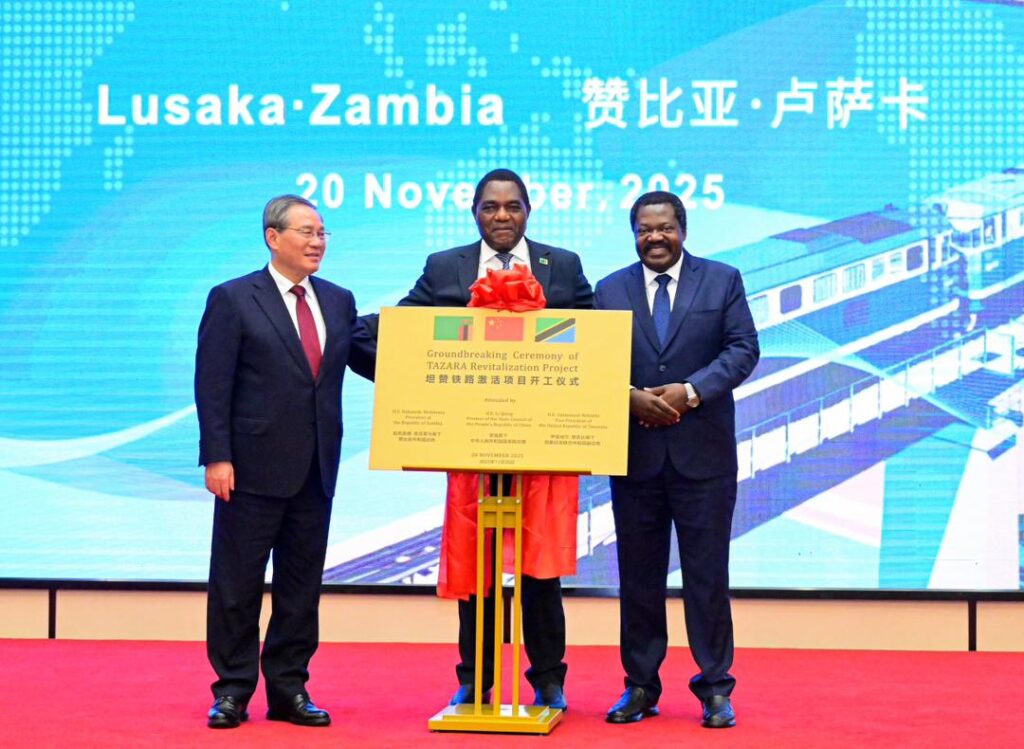
He observed that improved railway reliability will not only galvanise intra-regional trade but will also generate new employment opportunities along the corridor, thereby broadening economic prospects for communities served by the line.
He further said the revitalisation of Tazara comes at a time when Tanzania is implementing sweeping port modernisation programmes led by President Samia, including the expansion of the Port of Dar es Salaam through new berths, operational efficiency upgrades, and enhanced integration with the Standard Gauge Railway (SGR).
Alongside these efforts, the country is advancing the development of the ports of Tanga, Mtwara, and Bagamoyo, with the objective of attaining world-class standards capable of anchoring trade for Zambia, the wider SADC bloc, and Africa.
The Vice President further noted that the rehabilitation aligns with China’s emergence as a pivotal partner in global economic advancement under its 15th Five-Year Plan.
He said the strength of the trilateral relationship among Tanzania, Zambia, and China has historically demonstrated that collective resolve can surmount even the most formidable challenges.
If the founding leaders succeeded in constructing the Freedom Railway under difficult conditions, he added, the current generation, equipped with stronger capacities and resources, can confidently restore and modernise Tazara into a signature project of twenty-first-century cooperation.
Stretching 1,860 kilometres, of which 975 kilometres lie in Tanzania and 885 in Zambia, the Tazara line connects the Port of Dar es Salaam to New Kapiri-Mposhi using the Cape Gauge system (1,067mm).
It remains one of the most enduring symbols of solidarity, partnership, and shared ambition among the three nations.
The new investment package for the upgrade encompasses extensive track works, station improvements, communication and signalling modernisation, and the acquisition of new rolling stock.
This includes 34 locomotives, 760 freight wagons, 18 passenger coaches, and two passenger train sets.
Once operational, the improved system is projected to raise freight volumes to 2.4 million tonnes by the third year of operation, positioning the corridor as a competitive backbone for regional logistics.
According to officials, the rehabilitation is expected to transform Tazara into a reliable and efficient artery for long-distance haulage, reducing transport costs and reinforcing both regional and continental supply chains.
Beyond its economic promise, the project is also viewed as a strategic platform for strengthening ties between China and the two partner countries, while promoting deeper cooperation between SADC and the East African Community (EAC).
The ceremony was attended by Zambia’s President, Mr Hakainde Hichilema, and China’s Premier, Mr Li Qiang, who joined regional delegations in witnessing the commencement of the long-awaited works.
Vice President Nchimbi was accompanied by the Permanent Secretary in the Ministry of Transport, Prof Godius Kahyarara, Tanzania’s High Commissioner to Zambia, Gen (Rtd) Mathew Mkingule, the Director-General of Tanzania Railways Corporation (TRC), Eng Machibya Masanja, the Director-General of Tasac, Mr Mohamed Salum and several senior government experts.

